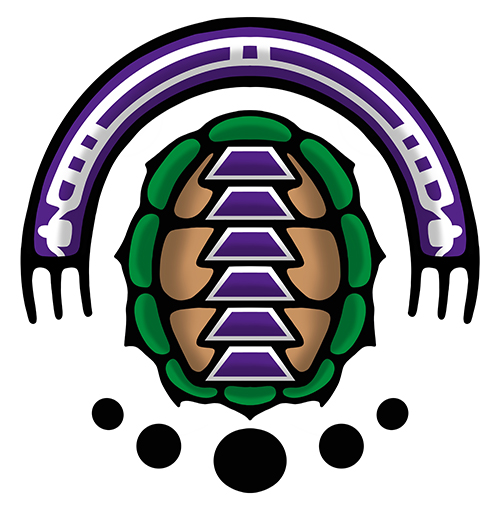The Power of Relationships: Indigenous Survivance at Western University
Document Type
Article
Publication Date
2022
Abstract
The presence and experiences of Indigenous peoples have been largely silent in university historical and contemporary narratives. This paper shares preliminary findings from a study entitled “Decolonizing Western through Indigenous Stories of Presence” and is an interdisciplinary collaboration between several scholars at Western including: Candace Brunette-Debassige, a Mushkego Cree scholar from Petabeck First Nation; Thomas Peace, a settler historian at Huron College; and Sally Kewayosh, a filmmaker from Bkejwenong First Nation. Together, scholars designed a research project to look at the experiences and stories of Indigenous peoples at Western from founding to present. The overarching research questions of this larger study are: (a) What Indigenous educational activities have taken place at Western University since founding to present? (b) How have Indigenous peoples’ experiences at Western been shaped by settler colonialism and how have they resisted settler colonialism over time? Using an Indigenous decolonial methodological approach to research, scholars strive to explore Indigenous students and staff experiences at Western and undo the erasure of Indigenous peoples’ voices and contributions to the University of Western Ontario (Western University). Over the last year, the research team has gathered Indigenous peoples stories through two primary methods: (a) conversational interviews (with up to thirty Indigenous and non-Indigenous people affiliated with Western University over time), and (b) documents drawing on institutional and public records including university reports and newspapers. As a Head and Heart research fellow, I joined the research team in June 2022. As part of my fellowship, I strived to answer one sub-research question: what is survivance theory and how is survivance theory understood and applied to particular participant stories. Findings suggest that the power of relationships between Indigenous peoples on campus underpin their experiences of Indigenous survivance in the university. These research findings will be expanded and shared in a future film and academic publications.




Notes
My name is Sherra Robinson and I am a Mi’kmaq woman from Mekap’sk (Northern Peninsula) Mi’kmaq Band, Taqamkuk (Newfoundland), where I am an educator and scholar. Like many Indigenous peoples, my ancestors have faced generations of colonization and the intended erasure of our culture and heritage. I pay homage to the strength of my ancestors – I am still here because of them – I am an example of Indigenous survivance. In an effort to pay respect to Indigenous lands, I give thanks to the Mi’kmaq lands that have sustained me and my ancestors. I also pay respect to the lands where this research took place -- the lands of the Anishinaabek, Haudenosaunee, Lūnaapéewak and Chonnonton People. My relationship with Western University is as an EdD student and Head and Heart research fellow. As the lead author of this paper, I am also a Programs Itinerant for Safe and Inclusive Schools with the Newfoundland and Labrador English School District, with a background as an English, Drama and Technology teacher with a keen interest in advancing student voice and agency, storytelling, relationality and Indigenous Education. I acknowledge that my positionality has influenced my analysis of the data presented in this paper as my experiences have helped me make sense of the stories shared